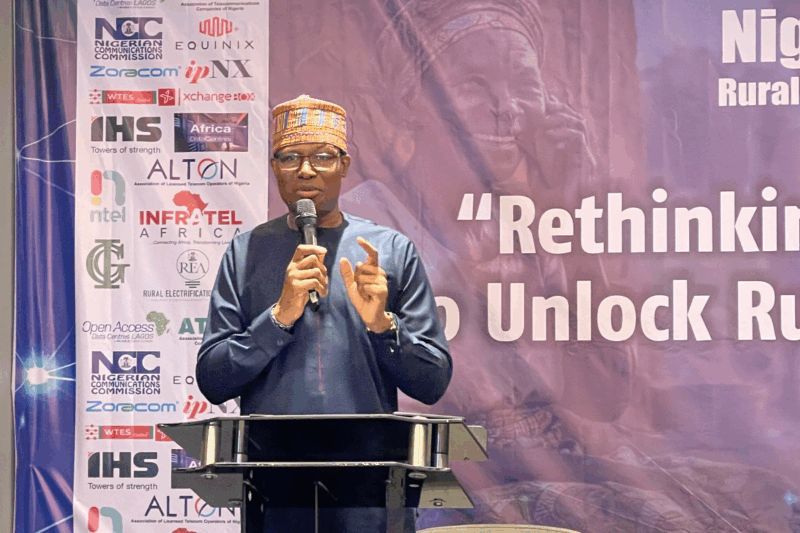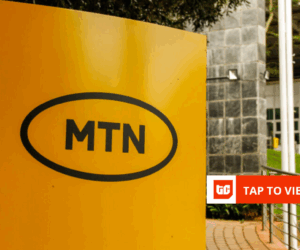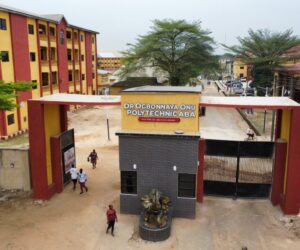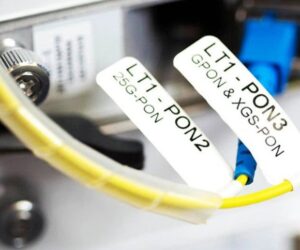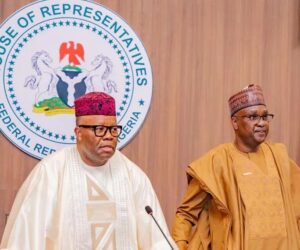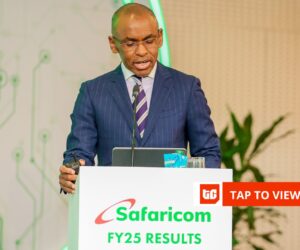Despite having more than 140 million Nigerians connected to digital services, between 61 and 80 million lack access to reliable electricity, while another 48 million still defecate in the open.
This contrast, according to Engr. Gbenga Adebayo, National Chairman of the Association of Licensed Telecom Operators of Nigeria (ALTON), reveals how far the nation has grown in connectivity, and how far it still has to go.
Speaking at Nigeria’s first Rural Connectivity Summit, organised by Business Metrics in Lagos, themed “Rethinking Digital Connectivity to Unlock Rural Economic Potential,” the Chairman of ALTON noted that while Nigeria’s telecom sector has made progress in 24 years, true digital inclusion is still out of reach for many living in rural areas.
“People are concluding transactions, doing e-services, and even talking to their doctors as we speak. This is how far we have gone as a people in 24 years,” Adebayo said, recalling how making an international phone call once required hours of waiting at public call centres in Lagos.
He described the divide between urban and rural areas as “a major departure,” pointing out that in many villages, residents still climb hills or trek to mountaintops just to get mobile network signals. For him, the question at the centre of the rural connectivity challenge is fundamental: “Who should own the local network?”
Adebayo argued that just as communities once came together to build schools, churches, and mosques, they should also be empowered to build and own their local communication infrastructure. “If the communities own those networks, they will protect them. It will be difficult for anyone to vandalise what they built,” he stated.
He criticised the frequent vandalism of telecom sites, describing how solar panels are sometimes stolen and used for leisure activities. “Today, we are seeing cases of people vandalising sites and taking the solar cells to play table tennis in the village square. That will not happen if they own those networks,” he said.
Adebayo urged government and regulators to create incentives for rural operators, including tax waivers, free rights of way, and easier access to land. Pointing to Niger State as an example, he said large-scale solar farms could thrive there if policies encouraged investment. “If you want to deploy hundreds of kilometres of solar farms, go there. The land is free,” he said.
He also proposed that Nigeria’s data centre operators should consider relocating parts of their operations to rural states where land is cheaper and more available. “In the centres where we are concentrated, we are struggling for everything, from power to water. Maybe it’s time we begin to think of taking some of these data centres offsite,” he added.
The ALTON Chairman emphasised that rural connectivity shouldn’t be limited to infrastructure, ensuring new opportunities, security, and restoring dignity are highly important. “Rural connectivity is not just about expanding network coverage, but about expanding opportunities,” Adebayo said.
“If people have the same value and opportunities in those tier two, three, and four cities, they will have a better quality of life than the daily struggles in the urban centres.”
“Together, we can be rural connected, not just as a policy aspiration, but as a living reality in every part of the country.”

